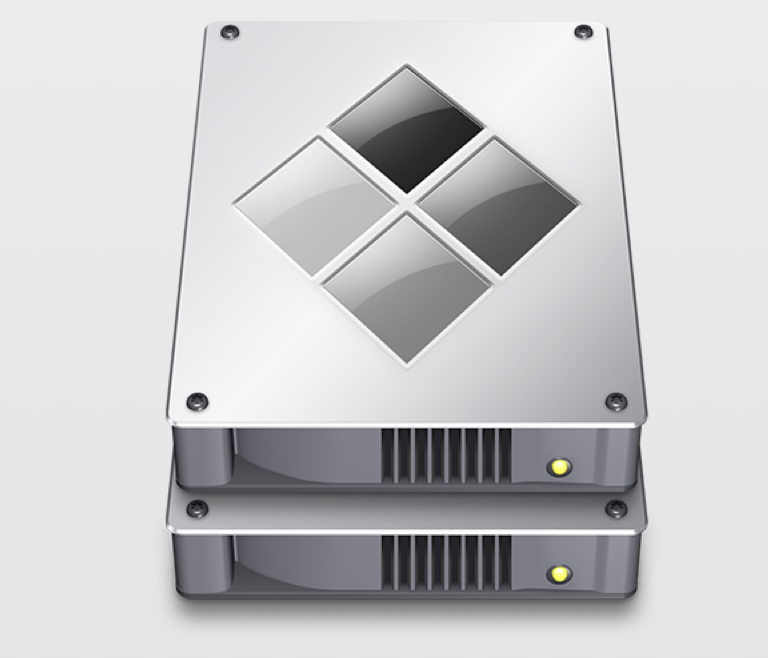Apple’s plan to transition its entire Mac line to “Apple silicon” (microchips that use ARM tech and other in-house developed technologies) over the net two years involves a feature called “Rosetta 2,” integrated emulation software, to enable ARM-based Macs to run Intel code. However, it seems that it won’t support Boot Camp and virtualization software that allows you to run Windows and Windows apps.
In the last major Mac chip transition (PowerPC to Intel transition), Apple used Rosetta to let PowerPC apps run with performance compromises on new Intel machines. However, Apple said in Monday’s Worldwide Developer Conference keynote that the performance should be much faster for Intel apps running on ARM Macs.

I never use it, but Boot Camp — a utility that assists users in installing Microsoft Windows operating systems on Intel-based Macs — is popular among folks (such as my wife) who need to run Windows software occasionally, but want to do so on their Apple device. The utility also installs a Windows Control Panel applet for choosing among different boot operating systems.
Apple hasn’t announced any such plans for Apple Silicon Macs, though it’s possible this is in the works. The tech giant tells developers:
Rosetta can translate most Intel-based apps, including apps that contain just-in-time (JIT) compilers. However, Rosetta doesn’t translate the following executables:
– Kernel extensions
– Virtual Machine apps that virtualize x86_64 computer platforms
Rosetta translates all x86_64 instructions, but it doesn’t support the execution of some newer instruction sets and processor features, such as AVX, AVX2, and AVX512 vector instructions. If you include these newer instructions in your code, execute them only after verifying that they are available. For example, to determine if AVX512 vector instructions are available, use the sysctlbyname function to check the hw.optional.avx512f attribute
As noted by MacRumors, this means Apple’s future Macs with Apple-designed chips will not natively support running current versions of software like VMWare or Parallels to run x86 Windows within the virtualization software. On the other hand, the tech giant has Apple has said that macOS Big Sur introduces “virtualization technology” that will allow users to run Linux on machines with Apple Silicon. As noted by ZDNet (before Monday’s announcement), there seem to be two options:
Apple could simply drop Boot Camp but still allows third parties to provide x86 emulators to support x86-based Windows….
A second option would be working with Microsoft to support Apple’s A-series chips as an additional ARM architecture alongside Qualcomm’s Snapdragon. Such collaboration would have been competitively prohibitive years ago, but in an age when Microsoft supports Linux within Windows and is creating hardware based on Android, just about anything seems on the table.
